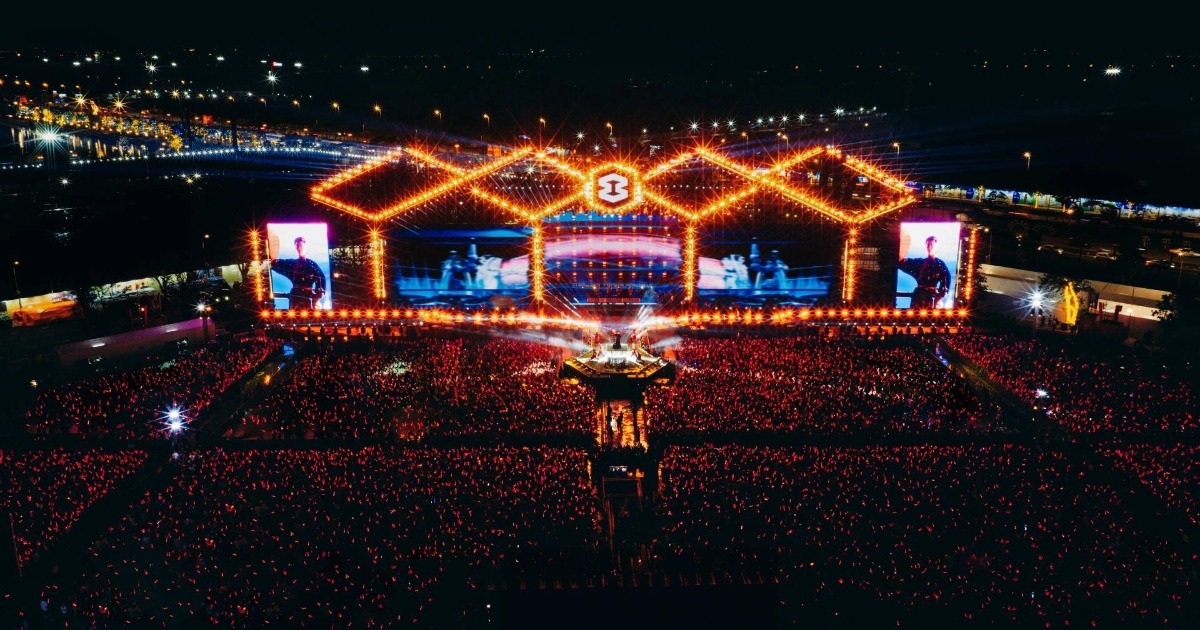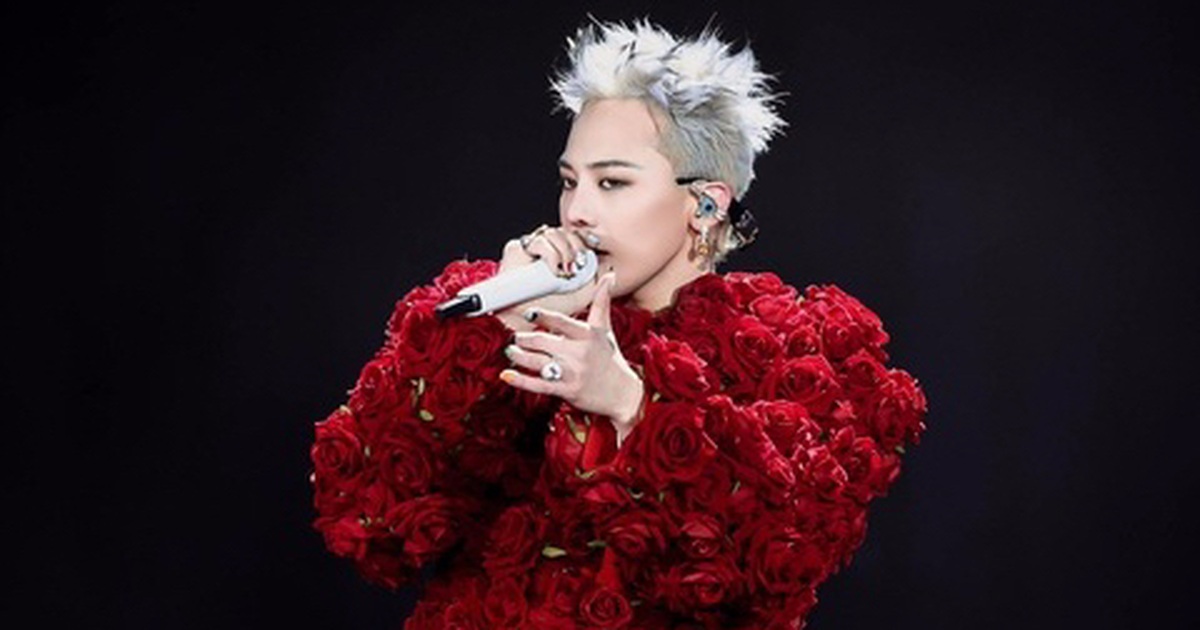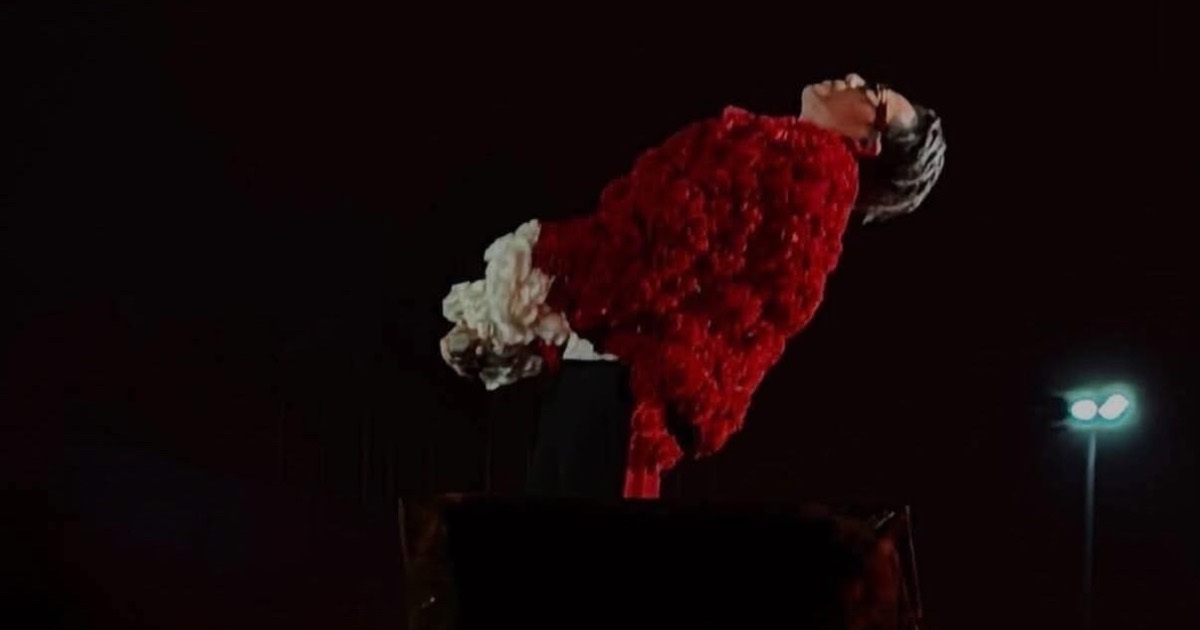Với tinh thần phụng sự xã hội, trụ cột văn hóa sẽ góp phần bảo tồn, phát huy bản sắc truyền thống, đồng thời thúc đẩy sáng tạo và phát triển nghệ thuật hiện đại, qua đó nâng cao đời sống tinh thần của người dân, lan tỏa văn hóa Việt Nam ra thế giới.
Vingroup xác định ba mục tiêu trọng tâm của trụ cột mới là bảo tồn các giá trị văn hóa truyền thống của dân tộc; thúc đẩy sáng tạo và phát triển các loại hình nghệ thuật; đồng thời góp phần tạo một sân chơi mới, nơi các nghệ sĩ được phát huy tài năng, cống hiến cho nghệ thuật và được sống bằng nghề, tôn vinh xứng đáng.
Để hiện thực hóa trụ cột này, Vingroup đã góp vốn thành lập ba công ty riêng biệt, đảm nhận các nhiệm vụ chiến lược trong hệ sinh thái văn hóa nghệ thuật.
Công ty cổ phần phát triển tài năng văn hóa nghệ thuật Việt Nam V-Culture Talents tập trung vào giáo dục văn hóa nghệ thuật, với nhiệm vụ tuyển chọn, đào tạo và phát triển tài năng trẻ trong các lĩnh vực âm nhạc, nghệ thuật biểu diễn và văn hóa dân tộc (như chèo, quan họ, ví dặm, cải lương, đờn ca tài tử…).
V-Culture Talents sẽ không chỉ là nơi phát hiện, ươm mầm những tài năng tương lai, mà còn góp phần bảo tồn và phát huy giá trị văn hóa truyền thống thông qua việc hỗ trợ các nghệ nhân, nghệ sĩ có cơ hội phát triển, làm nghề trong môi trường chuyên nghiệp, được cống hiến và sống bằng nghề.
Công ty cổ phần phát triển điện ảnh V-Film hoạt động trong lĩnh vực sản xuất và phát hành phim điện ảnh, chương trình truyền hình, nhiếp ảnh, ghi âm và xuất bản âm nhạc.
Đồng thời, V-Film cũng đẩy mạnh việc đào tạo các chuyên gia trong ngành điện ảnh – từ đạo diễn, biên kịch đến diễn viên, tạo ra không gian chung để thúc đẩy ngành công nghiệp phim Việt Nam, góp phần đưa các câu chuyện của Việt Nam được giới thiệu và lan tỏa với cộng đồng quốc tế.
Công ty cổ phần tổ chức sự kiện V-Spirit có vai trò tổ chức, xúc tiến và quản lý các sự kiện văn hóa nghệ thuật, triển lãm, hội nghị, hội thảo.
V-Spirit hướng tới trở thành thương hiệu hàng đầu trong lĩnh vực tổ chức các sự kiện chuyên nghiệp trong nước, từng bước tạo dấu ấn trên toàn cầu nhằm góp phần đưa các sản phẩm nghệ thuật và tài năng Việt Nam vươn tầm quốc tế, nâng cao vị thế văn hóa Việt.
Chia sẻ về chiến lược mở rộng trụ cột mới, ông Nguyễn Việt Quang – Phó chủ tịch kiêm Tổng giám đốc Tập đoàn Vingroup – cho biết: “Chúng tôi tin rằng văn hóa không chỉ là nền tảng tinh thần, thước đo sự phát triển của xã hội mà còn là động lực để kiến tạo tương lai bền vững. Việc xây dựng trụ cột Văn hóa là mong muốn của Vingroup nhằm thể hiện trách nhiệm với cộng đồng, với lịch sử tinh hoa của dân tộc.
Tập đoàn đặt mục tiêu tạo dựng một không gian văn hóa – nghệ thuật nhận được sự tôn trọng của người dân và bạn bè quốc tế. Ở đây, tinh thần cống hiến sẽ được tôn vinh, các sản phẩm sáng tạo sẽ được thúc đẩy và người làm nghệ thuật được ghi nhận xứng đáng với nỗ lực của bản thân”.
Việc Vingroup bổ sung trụ cột văn hóa vào chiến lược phát triển dài hạn thể hiện tầm nhìn góp phần vì một cuộc sống tốt đẹp hơn cho mọi người. Đây cũng là minh chứng cho nỗ lực của tập đoàn trong việc kiến tạo một xã hội tinh hoa, nơi người dân được sống trong môi trường văn hóa nghệ thuật phong phú và các cá nhân được phát triển tài năng toàn diện.
Bên cạnh đó, văn hóa cũng là nền tảng quan trọng để kết nối Việt Nam với bạn bè quốc tế. Thông qua trụ cột văn hóa, Vingroup sẽ tăng cường phát triển các chương trình giao lưu trong nước và quốc tế để đưa văn hóa Việt Nam bắt kịp xu hướng sáng tạo toàn cầu, kích thích mạnh mẽ nền công nghiệp văn hóa, du lịch và tiêu dùng nội địa phát triển.
Source link: https://dantri.com.vn/giai-tri/vingroup-cong-bo-tru-cot-van-hoa-kien-tao-khong-gian-nghe-thuat-tam-co-quoc-te-20251110081937169.htm



